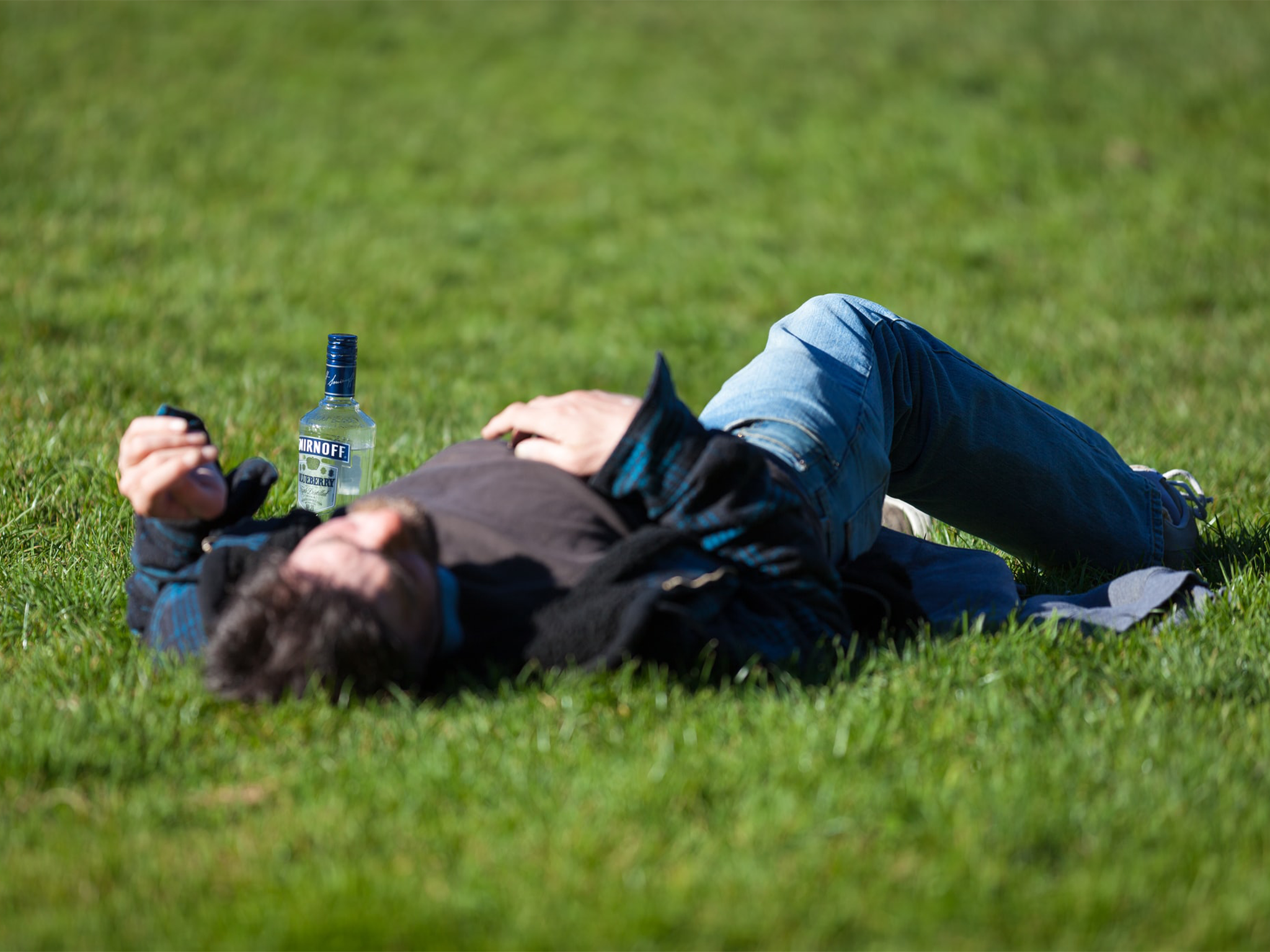Your smartphone can tell when you're drunk, researchers claim
Smartphone sensors can be used to track how you walk and tell when you're drunk almost all the time

Smartphones are able to detect when people are drunk based on the way that they walk, researchers have found.
Multiple sensors inside smartphones, used to detect acceleration and movements vertically, forward and backward, and side to side, reveal significant changes in how humans walk when intoxicated compared to when they are sober.
Approximately 90 percent of the time, researchers were able to use these measurements to identify changes in gait – the way someone walks – to identify when someone is over the legal limit for driving.
For the study, researchers tested 22 adults aged between 21 and 43. Volunteers came to a lab and drank enough to raise their breath alcohol concentration of 0.2 percent, which they had to drink within an hour.
The participants then placed a smartphone on their lower back, secured by a belt, and walked back and forth for 10 steps.
Although most people do not keep their smartphones secured via a belt, the researchers said that the experiment was a “proof-of-concept study” that “provides a foundation for future research on using smartphones to remotely detect alcohol-related impairments.”
“In 5 years, I would like to imagine a world in which if people go out with friends and drink at risky levels,” said Dr Brian Suffoletto, lead researcher at the University of Pittsburgh School of Medicine.
“They get an alert at the first sign of impairment and are sent strategies to help them stop drinking and protect them from high-risk events like driving, interpersonal violence and unprotected sexual encounters.”
The research was published in the Journal of Studies on Alcohol and Drugs. In the future, the researchers say they will build on the data and identify better methods to support individuals when they are intoxicated.
Gait recognition can be a powerful and effective tool; in China, it can be used to identify criminals in real time because the way a person walks is so unique.
Join our commenting forum
Join thought-provoking conversations, follow other Independent readers and see their replies
0Comments